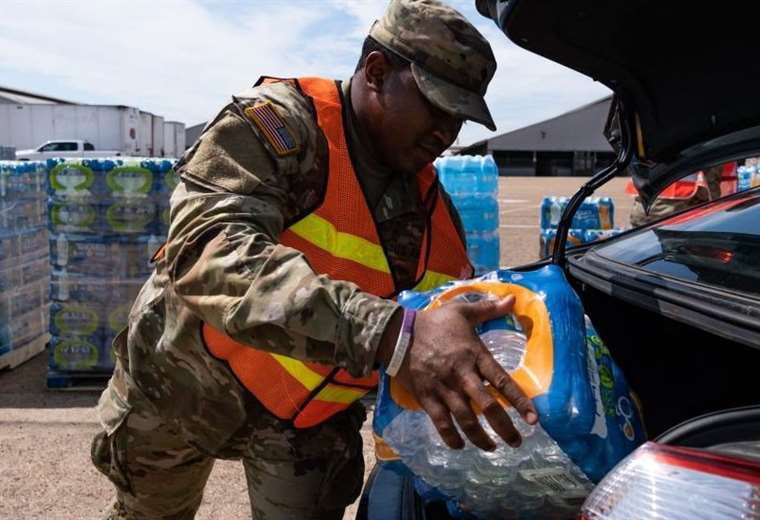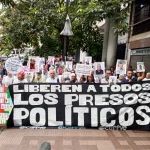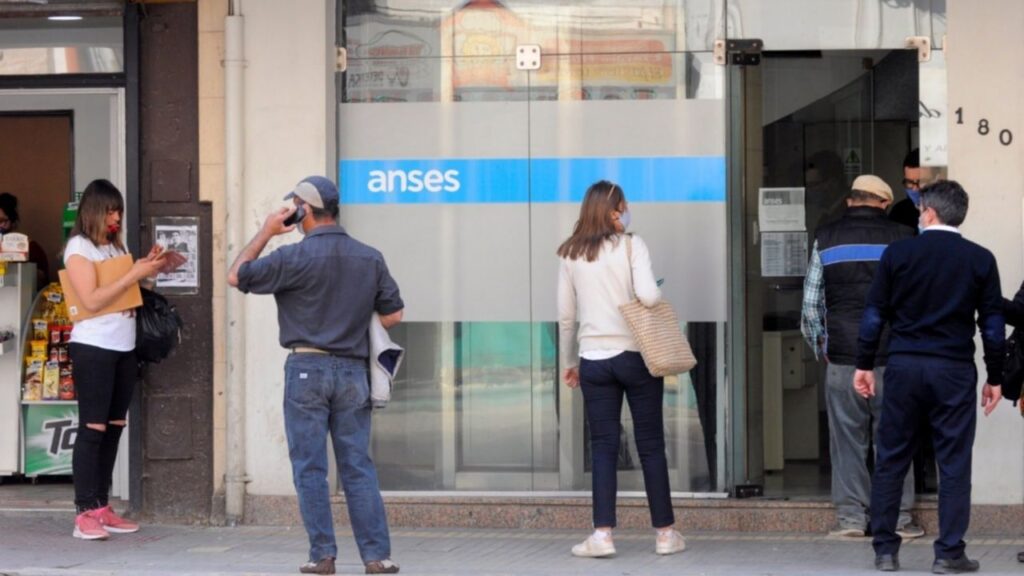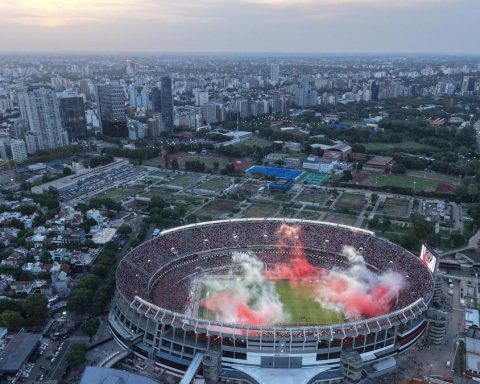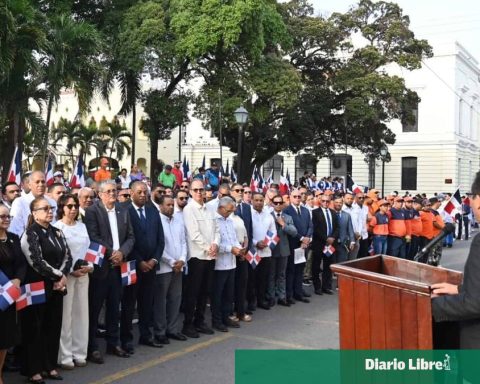September 3, 2022, 23:43 PM
September 3, 2022, 23:43 PM
The US military this weekend delivered more than a million bottles of water to thousands of families in Jackson, a city in the state of Mississippi where thousands of people were left without a supply of drinking water.
Those affected are estimated to be 200,000 people. The problem began five days ago, after a series of floods disabled a water treatment plant.
The authorities allege that the works to restore the supply advance as the Labor Day holiday approaches, which is celebrated this Monday.
The population, for its part, asks a solution to a strong heat wave that affects the region. Bathing, flushing the toilet, or washing up is a major problem for them.
“It’s been horrible being without water,” Shirley Barnes tells the BBC as she queued for more bottles on Friday.
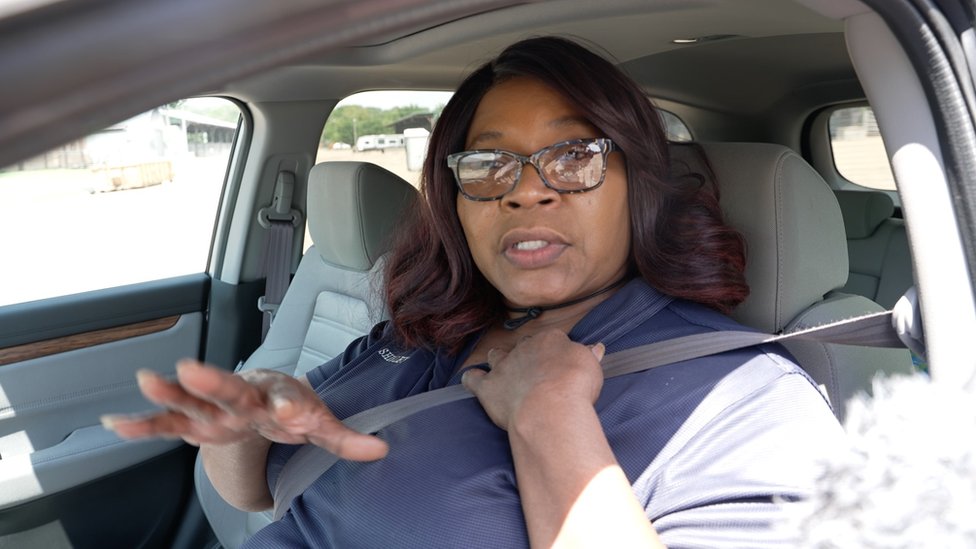
“Trying to do your normal routines, that’s been the hardest thing. Trying to boil water. Washing face, bathing, cooking. It’s like living in the cave days.”
“I never thought I would be in this situation, but here we are,” he added.
Volunteers like Debbie Upchurch have joined the National Guard to distribute water among the citizens residing in Jackson.
Her daughter, a teacher in the community, has not been able to teach in person this week and has offered her courses online instead.
“Right now they can’t meet for class because there is no water to cook or [para] bathrooms,” she said. “Sometimes that’s the only food the students have, it’s what they eat for breakfast and lunch at school.”
an ongoing problem
Lt. Román Ramírez of the Mississippi National Guard told the BBC that his squad had 44 soldiers who had distributed around 80,000 bottles by noon on Friday.
“There are a lot of emotions in the citizens here, but our job is just to show up and help where we can, give as much water as we can,” he said.
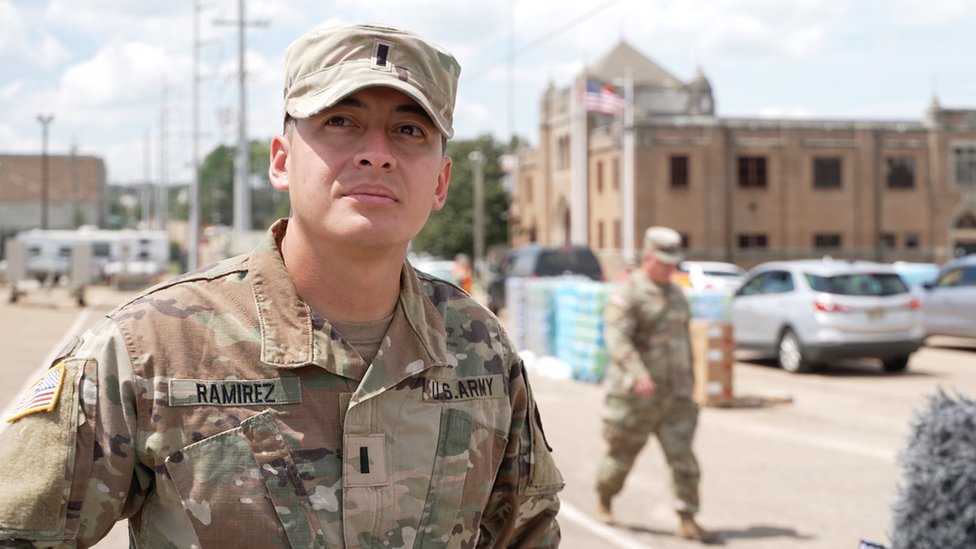
Jackson resident Ryan Bell lives across from the state fairgrounds, where bottled water is distributed.
“Everyone is going through this crisis, everyone in the city of Jackson, we are all in this together,” he said.
Even before the floods that caused the supply problem, some residents of this largely black city have not had reliable access to tap water.
“It’s been an ongoing problem,” said Bell, who runs a local construction company.
“We have an aging infrastructure being a very old city. All we really ask is help, support, understanding and prayers for the people of Jackson.”
It is not known how long it will last
President Joe Biden has declared thestate of emergency by the crisis in the southern city.
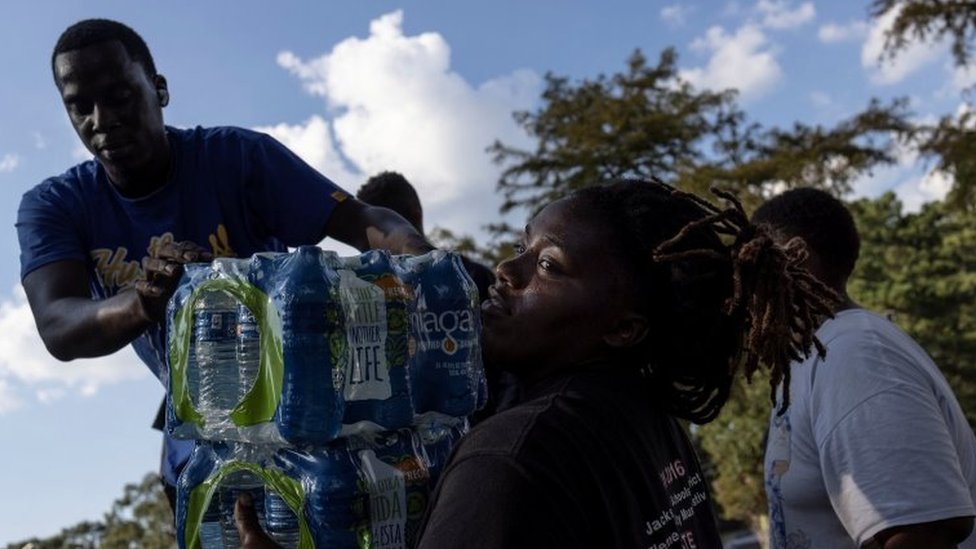
Currently, some residents they don’t even have enough water pressure to flush the toilets and they have to use portable toilets located throughout the city.
Meanwhile, long queues have formed outside water distribution centers as temperatures rise above 32C.
Jackson’s mayor said Friday that there was “progress” in repairing the plant, but there was no timetable yet for how long the problems would last.
Water pressure has been restored to homes and businesses near the treatment plant, but buildings further away still have weak or no water pressure.
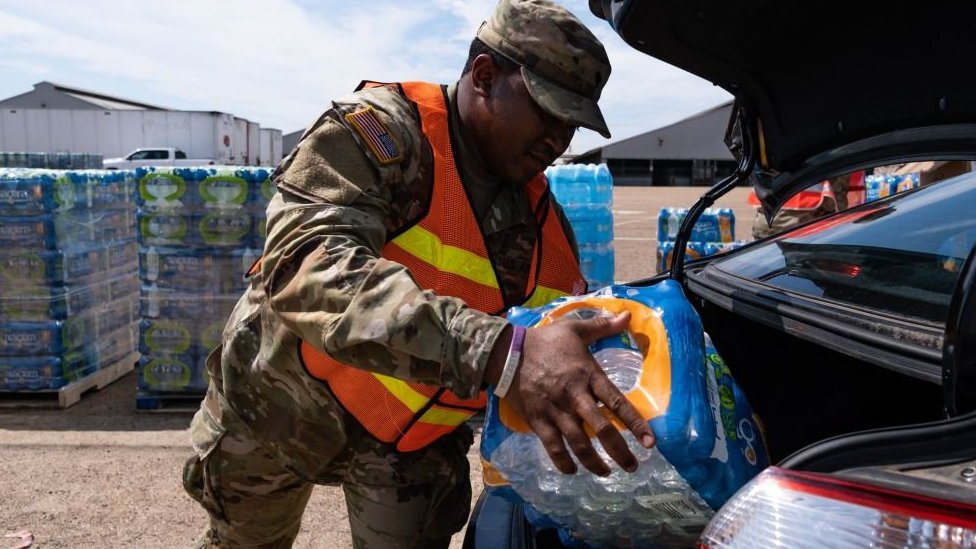
As water pressure builds, officials warn it could cause pipes to rupture across the city.
environmental racism
“We have an outdated water treatment facility that no one has thought about for years,” says Prof. Edmund Meremexpert in urban planning and environmental studies at Jackson State University.
Professor Merem also believes there is another factor that has diverted attention and funding from Jackson’s dilapidated water infrastructure: racism..
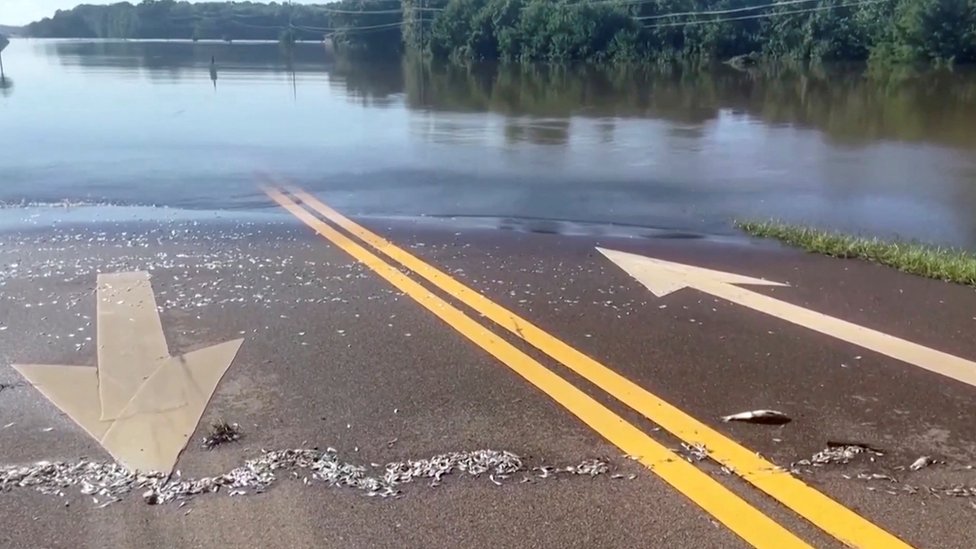
Experts and activists say what is happening in Jackson, and in cities like Flint, Michigan, where the water supply is becoming contaminated with lead, is a direct legacy of generations of discrimination and segregation racial.
“This is a deep-seated situation, decades in the making,” says Arielle King, a lawyer and environmental advocate.
“I think the history of racial segregation and red lines in this country has profoundly contributed to environmental injustices we see right now.
The so-called “red lines” practice (redlining in English), says the lawyer, began in the 1940s, when the government denied mortgages and loans to black people because they were considered “too risky”.
The program lasted more than 40 years, and as a result, King says, predominantly black and low-income communities were concentrated in areas with polluting industries like landfills, oil refineries and sewage treatment plants.
And those areas, he notes, still exist.
She talks about areas of the country like the so-called Cancer Alley. Once home to Louisiana’s sprawling plantations, the area along the Mississippi River is now an industrial backbone of more than 150 oil refineries.
For decades, predominantly black residents have suffered from some of the highest cancer rates in the country due to pollution.
King says that the legacy of this kind of environmental racismcoupled with decades of underinvestment in low-income areas, is showing up in Jackson.
“They can say that there are different factors that lead to flooding, but people would not be subject to areas that are susceptible to flooding without a Red line first of all,” he says.
Remember that you can receive notifications from BBC World. Download the new version of our app and activate it so you don’t miss out on our best content.
